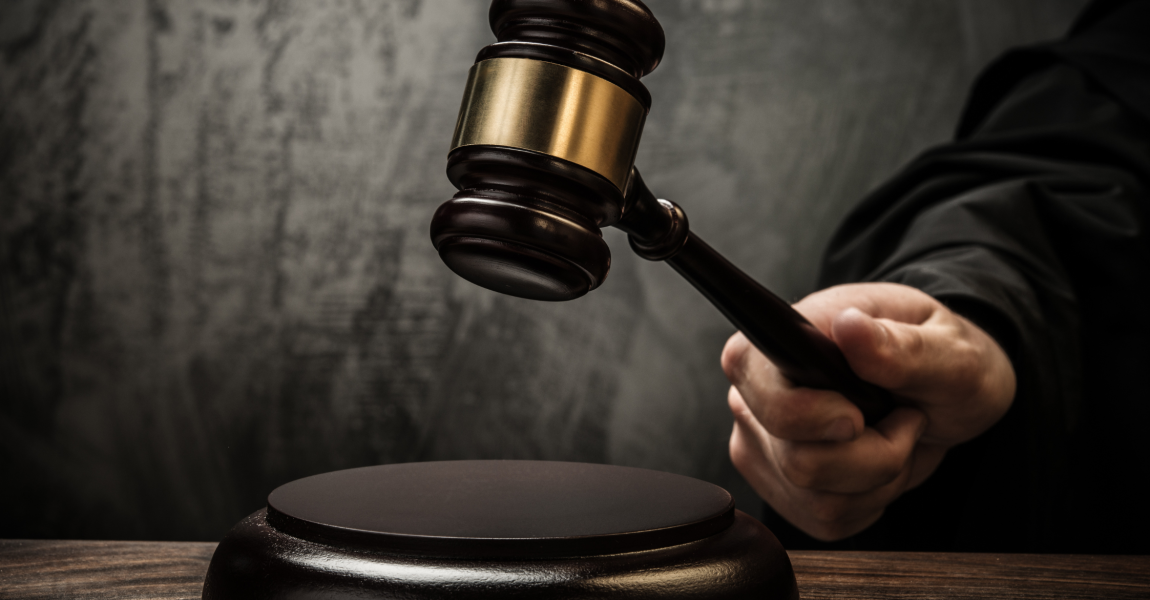
- July 18, 2023
- |Civil Law, Practice, And Procedure, Concise Law Reports (CLR)
The appellants (the Government) sought to set aside some orders granted by the High Court in favour of the respondents who are inmates at a correctional facility run in terms of the Correctional Service Act 9 of 2012 (the Act); while the second respondent (cross-appellant) cross-appealed the relief that was dismissed by the High Court. Amongst others, the cross-appellant had challenged the practice of placing handcuffs on inmates behind their backs while being transported; the practice of solitary confinement authorised under s 103 of the Act and reg 257 made thereunder; and the denial of contact visits to trial awaiting inmates.
The Government’s appeal had lapsed due to non-compliance with the Supreme Court Rules. The Government then filed an application for condonation after two years of becoming aware of the non-compliance. The Government placed the blame at the doorstep of their legal representative for the breach of the rules of court.
DAMASEB DCJ (HOFF JA and FRANK AJA concurring) dealt with the condonation application as follows:
[12] In terms of rule 8(2)(a) and (b) of the Supreme Court Rules, an appeal record must be lodged within three months from the date of judgment or order appealed against. In the present case, the High Court’s judgment and order were handed down on 16 July 2020. The Government’s main appeal was lodged on 17 August 2020 and the record was filed on 15 December 2020. In other words, about five months after the court a quo handed down its judgment and order. It is settled jurisprudence of this Court that an appeal to it from a judgment and order of the High Court is deemed to have lapsed if the record is not lodged within the stipulated time period of three months (Ondjava Construction CC & others v Haw Retailers t/a Ark Trading 2010 (1) NR 286 (SC) para [5] and Pietersen-Diergaardt v Fischer 2008 (1) NR 307 (HC) at 307C-D; Kalipi v Telecom Namibia Limited (SA 80/2014) [2016] NASC (13 December 2016)). When that happens, an application for condonation must be brought without delay and be accompanied by a full and detailed explanation for the entire period of delay, including the timing of the condonation application. In other words, a condonation application must be brought with promptitude as soon as the non-compliance has become apparent.
[13] The appeal was set down for hearing on 26 October 2022. The Government’s application for condonation and reinstatement was only filed of record on 7 October 2022 – that is more than two years after the judgment and order were handed down. The application also sought condonation for the late delivery of the heads of argument which, in terms of rule 17(1), should have been filed at least 21 days before the date of the hearing of the appeal.
[19] The upshot of the Correctional Service’s and Police’s affidavits is to place the delay in the non-prosecution of their appeals at the doorstep of Mr. Khupe. It is apparent from Mr. Khupe’s explanation that the inaction on his part was due to him being overworked as a result of dysfunction at the office of the Government Attorney.’
Mr. Townsend did not oppose the application for condonation because the government appeal raised issues of public importance. The court nevertheless stated that:
‘[21] The fact that a party to an appeal does not oppose a condonation application is an important but not a decisive consideration for the grant of such an application (PE Bosman Transport Works Committee & others v Piet Bosman Transport (Pty) Ltd 1980 (4) SA 794 (A) at 797G)).
[22] The non-compliance(s) in this matter constitutes a flagrant disregard of the rules of the court. The record was filed outside the three months as prescribed by the rules of this court. To crown it all, the condonation application was lodged quite late, and the reason therefore inexcusable. The Government Attorney’s office being poorly staffed, and its lawyers being overworked is not a satisfactory explanation for the inordinate delay. The matter could just as well and with great ease have been outsourced to a legal practitioner in private practice. Why that was not considered as an option is not explained by Mr Khupe.
[23] We have in the past cautioned that dereliction of duty by a party’s legal representative will be visited upon a litigant in circumstances where non-compliance with the rules has been glaring, flagrant and inexplicable. With its incomparable resources, the Government has to lead by example when it comes to litigation in the courts.
[24] It was because the Government failed to make out a case for the condonation application filed on 7 October 2022 that we made an order during oral argument dismissing the application for condonation but permitted its counsel to only argue in opposition to Mr. Townsend’s cross-appeal.’
It was, therefore, held that:
a) An appeal from a judgment and order of the High Court is deemed to have lapsed if the record is not lodged within the stipulated time period of three months and that a condonation application must be brought with promptitude as soon as the non-compliance has become apparent.
b) The Government failed to make out a satisfactory case for the condonation application. Therefore, the application for condonation is dismissed but the Government’s counsel was allowed to argue in opposition to the cross-appeal.
As a result, the application for condonation was refused.